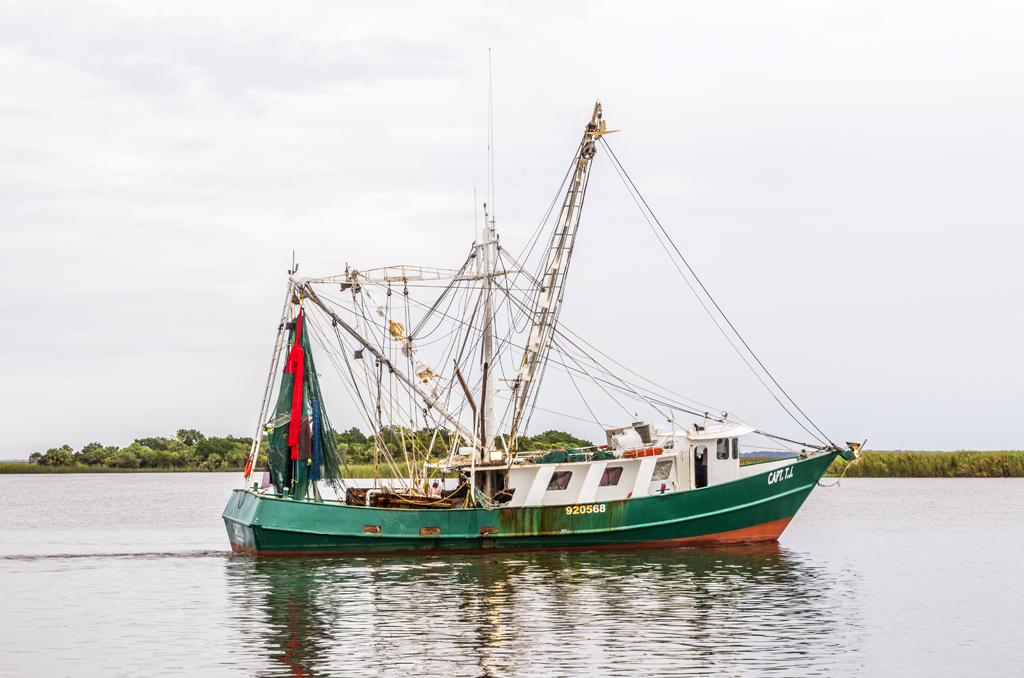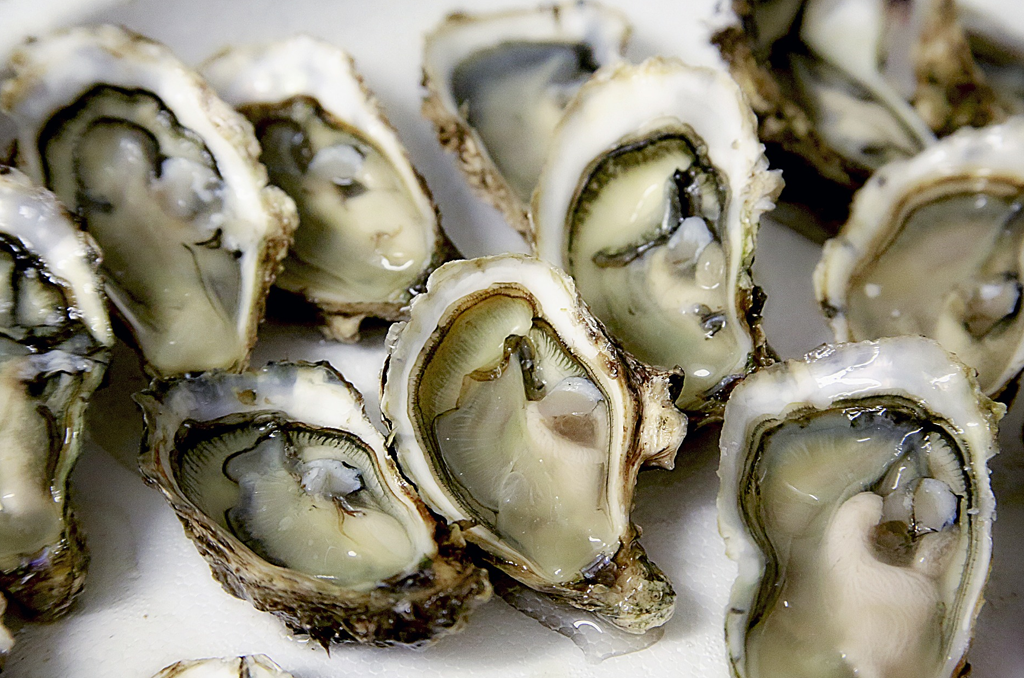Fresh Oysters Courtesy: Image by Patricia Alexandre from Pixabay
The Florida Fish and Wildlife Conservation Commission has placed a temporary ban on the harvesting of oysters out of Florida’s top producing bay through the end of 2025.
Apalachicola Bay has historically produced the majority load of oysters consumed in Florida amounting to 90% of the state’s production and 10% of the entire country’s.
The Florida agency voted unanimously on Wednesday to suspend harvesting due to a dwindling oyster population in the region, undoubtedly causing a devastating blow to restaurant owners that rely on the fresh mollusks for attracting customers along the Panhandle.
“These changes include the temporary suspension of all wild oyster harvest and the prohibition of on-the-water possession of wild oyster harvesting equipment (tongs) from Apalachicola Bay through Dec. 31, 2025,” said the FWC press release.
“If we can get there faster, that’s everyone’s desire. Look, time is money for these people. I understand why we’re saying a five-year time horizon, I just think that should be the outside edge of our closure and we should be driven to doing what we can to make this as fast as possible,” said Commissioner and Vice Chairman at FWC, Michael Sole.
FWC made the decision after months of deciding whether or not to close the bay down permanently or keep it open on a limited basis. However, the agency did express the hope of cutting the 5-year ban before 2025 depending on the repopulation and recovery timeline of the oysters in the region.

With this temporary halt, local business owners and employees at oyster bars such as Brandon Martina of Lynn’s Quality Oysters in Eastpoint, FL, whose family has been running the bay-front business since 1971 will be impacted due to the shortage.
“It breaks my heart, man. I’ve watched boats out there my whole life,” said Martina. His family business began as a wholesale oyster-shucking house, but over the years as supply decreased, they converted the place into a restaurant and retail seafood shop.
“We went from running tractor-trailer loads to getting maybe eight to 10 bags a day, so we just started doing a hatch shell bar,” he added. Lynn’s has resorted to buying their oysters from Texas instead of serving regional Apalachicola oysters.
The state is using a $20 million grant from the National Fish and Wildlife Foundation’s Gulf Environmental Benefits Fund to conduct a large-scale restoration of oyster’s ecosystem and habitat. The bay used to support over 100 families through its oyster production.
“Closures are difficult and a last resort for us. The good news is the grant we are working with will hopefully allow us to restore the bay and fishing industry, putting people back to work and getting back to where we were. I wish this effort success,” said Commission Chairman Robert Spottswood.
The commission issued an executive order on Aug. 1, 2020, shutting down oyster harvesting until it could consider the potential scenario for the five-year shutdown. The oyster industry has struggled for years, largely due to the drain on freshwater flowing into the bay, affecting the salinity of the water that oysters need to survive and reproduce.
The small bay area of Apalachicola has a population of roughly 2,300 people and is known by locals as Apalach. Tourists have long visited the bay area for its water views and fresh, sweet, and salty oysters, but in 2013 the oyster population took a massive hit and further dwindled, forcing business owners to go elsewhere for their supply.
The regulation on harvesting is not the first of its kind in the seafood world this year. Earlier this year, FWC issued a 1/8th inch increase for the minimum claw size harvest limit of stone crabs in Florida.
While the regulation will not only affect the restaurants and raw bars in the area, it will also place many shuckers and harvesters out of work—a situation no one wants to be in, especially during this time.
Are you interested in Florida business? For stories like this and much more: Florida Insider is dedicated to educating, entertaining and informing its readers about everything Florida. Easy to read content at the palm of your hands and covering the stories that matter.

William is a South Florida native with professional experience writing at the collegiate and national news outlet level. He loves fishing, playing soccer and watching sports in his spare time and is a fan of all South Florida teams.

